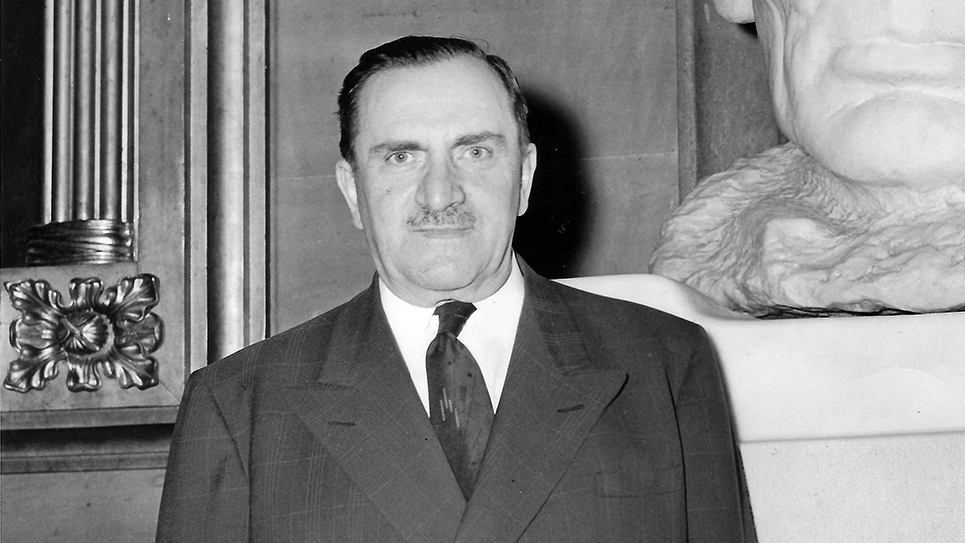By Sarah Baker
It has been a very dreary winter here in Knoxville. With the yucky, wet weather and the constant talk of fiscal cliffs and local court fiascos, it has been hard not to feel weighted down by this winter. Lots of folks I know are in the thick of the winter blues. Yet for some, it is much more serious than that.
While the recent tragedy in Newtown, Connecticut had the power to compound the winter blues into a very dismal melancholy, it also brought to our consciousness issues about mental health care. In my mind, no other issue regarding mental health care can be resolved until we address the issue of people’s attitudes about it. While most people would have no issue going to the doctor for any other health issue, many still feel that getting help for depression or anxiety would make them weak or incompetent.
I am also shocked by the number of people who feel that they are not being good Christians if they go to therapy or take a prescribed mental health medication. I have suffered from migraines for years, and when I finally found a drug that worked (Naproxen works for me), I could have hollered like a good ole Missionary Baptist. I don’t worry that I’m going to be judged for taking medication that will take away these agonizing headaches, but why are people different when it comes to medication that would take away anxiety or depression? I posed this question to friends who are ministers and/or therapists.
Janiece Foust is a mental health therapist and founder of Journey Counseling Center at Powell United Methodist Church. Janiece believes that “God provides each of us with gifts. Some of us are given gifts to care for others through providing medical services and medication. Often people have been told that taking medication is a sign of a lack of faith…I share what a humbling and empathy-building experience it was for me to get to the point of needing therapy and medication and how God has used that to then have me help others.”
Amy Spurlock is an outpatient mental health therapist for the Cumberland River Comprehensive Care Center in Middlesboro, Kentucky. According to Amy, one reason some people may have a negative attitude is that they mistakenly think that they will become addicted. “Anti-depressants and mood stabilizers are not addictive,” she explains. “They are simply medications which alter the chemical compounds similar to what you would expect if you took diabetic medications. One does not become addicted to his or her cholesterol medication. The confusion comes from people taking Xanax or Valium for their ‘nerves.’ While those medications can have a brief assisting effect, they can usually go against you in many ways.”
Fran Ellers, a therapist for Seven Counties Services in Louisville, Kentucky, reminded me that “failure to treat depression can be fatal” and that research shows that “depression in parents can negatively affect their children’s emotional health, behavior, and futures.”
Nicole Masters is neither a minister nor a therapist. She is, however, an amazing mother and a spiritual mentor to many, and I really liked what she had to say: “…Anti-depressants are a tool that God uses. I always think of the story when Jesus spit in his hand, mixed it with dirt and put it on the eyes of the blind man. Jesus didn’t need the mud, but he chose to use it for whatever reason known only to him.”
If anyone reading this feels that you may be struggling with depression or anxiety, I hope that you will seek help right away. Remember the words of Albert Camus, “In the midst of winter, I discovered that there was within me an invincible summer.”






